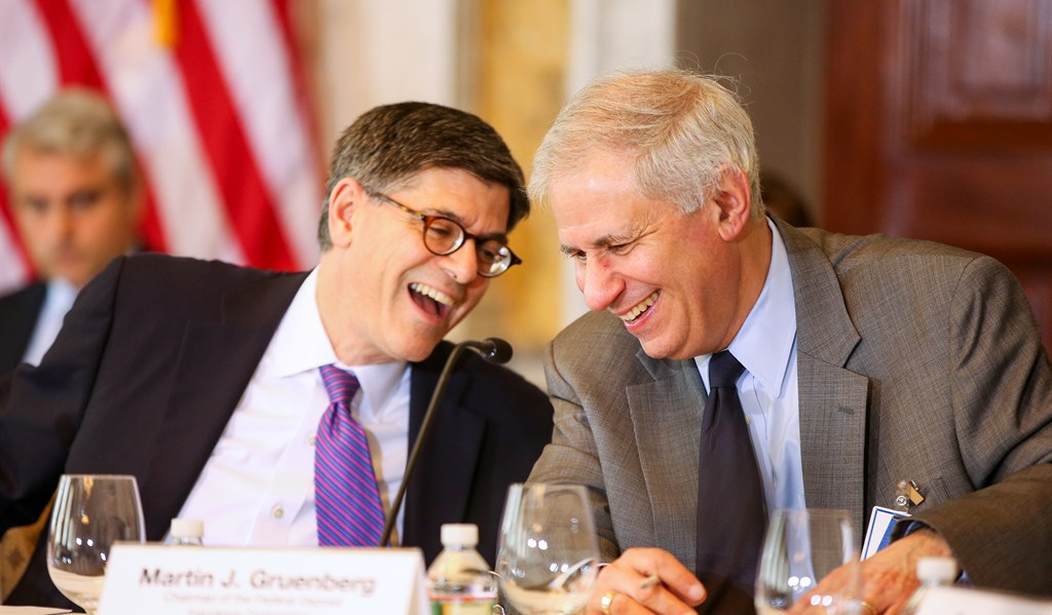“I’m shocked, shocked to find that gambling is going on,” said Captain Renault just before a porter handed him his winnings. This notorious scene from Casablanca could easily have played out at the Federal Deposit Insurance Corporation (FDIC) this year, when reports of rampant sexual misconduct, racial discrimination, and a noxious work environment were leveled in excruciating detail by independent investigations.
Yet through years of worker complaints, internal investigations, and hush-hush settlements FDIC continued with business as usual, even promoting and maintaining managers who had engaged in inappropriate behavior with subordinates, among other misdeeds. When the breadth of the scandals was publicly exposed, FDIC Chairman Martin Gruenberg was forced to walk the plank.
FDIC was already skating on thin ice with the collapse of Silicon Valley Bank, the biggest failure since the 2008 financial crisis. Public confidence in regulators waned as FDIC bailed out the bank’s customers beyond the standard $250,000 insurance limit.
A year later, the whole matter remains opaque. Bank Policy Institute President and CEO Greg Baer noted, “The FDIC has provided very little clarity, but all the available evidence suggests FDIC made missteps throughout the winddown of the bank—starting with the initial failed strategy on resolution weekend, followed by a protracted and confusing process to ultimately find a buyer.”
Additional FDIC bungling arose with the exposure of bank customers’ personal information during the bailout process, raising significant concerns about the agency’s data security practices and handling of sensitive personal information.
Recommended
FDIC’s rampant incompetence and public shaming aside, banking issues of national importance still require attention. More than 100,000 fintech customers who believed their deposits were protected by FDIC can’t access their accounts after the collapse of Synapse, leaving $265 million of Americans' savings locked up in bankruptcy court. Coinbase, a cryptocurrency with $2.7 trillion in volume, is suing federal regulators and FDIC to prevent it from being cut off from the banking sector. Meanwhile the FDIC employees' union is locked in a battle to protect the “right" of FDIC staff to continue working from home.
The feckless circus that is the current FDIC is hurting our economy and consumers at a time when voters, as current polling shouts from the rooftops, are far from amused. A possible casualty of this ongoing nonsense is a $35.3 billion deal for Capital One to acquire Discover Financial Services, which would provide significantly more competition to the credit card market when consumers are in dire need of greater access to credit as they shift their payment methods from cash.
FDIC's mess should not be allowed to scuttle this deal, which has numerous positive benefits both for consumers and America's banking sector. Discover has conducted its due diligence, reaching an agreement on a consent order with FDIC in 2023. According to the consent order, Discover did not follow safe banking practices and failed to set up a proper system to ensure that it complied with consumer protection laws. Since then, Discover has taken steps to put proper procedures in place.
If Capital One’s acquisition is approved, Discover will be spared regulation by an inept FDIC and join Capital One under the purview of the Department of the Treasury’s Office of the Comptroller of the Currency (OCC). This would be a shot in the arm for our financial services industry and those yearning for the return of competent regulatory oversight, as well as consumers who require safety and security in their financial institutions.
In stark contrast to the FDIC, the OCC is quietly and competently fulfilling its obligations to monitor and supervise financial institutions both large and small. Given the economic uncertainty that continues to plague American families and small businesses, strengthening the security of our banking system is a critical priority and the OCC is far better positioned to do so than the flailing FDIC.
The acquisition of Discover by Capital One benefits consumers and our economy by bringing greater competition to the credit card market and more access to credit through the merged company's efficiency of scale. Most importantly it offers a lifeline to Discover and its many millions of customers to escape the grasp of a dysfunctional FDIC that currently stands as the poster child for government incompetence at its worst.
Gerard Scimeca is an attorney and chairman of CASE, Consumer Action for a Strong Economy, a free-market oriented consumer advocacy organization he co-founded.

























Join the conversation as a VIP Member